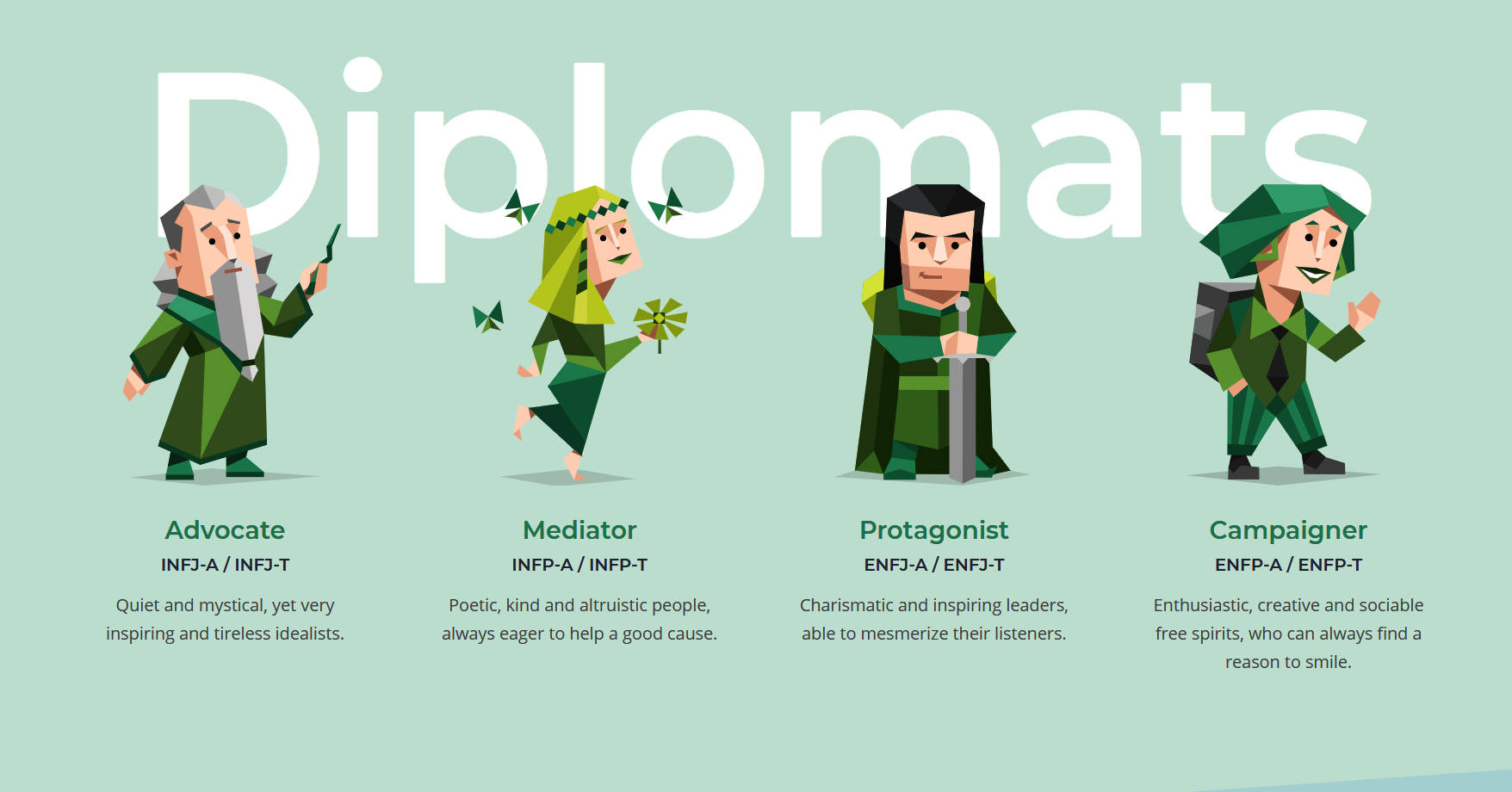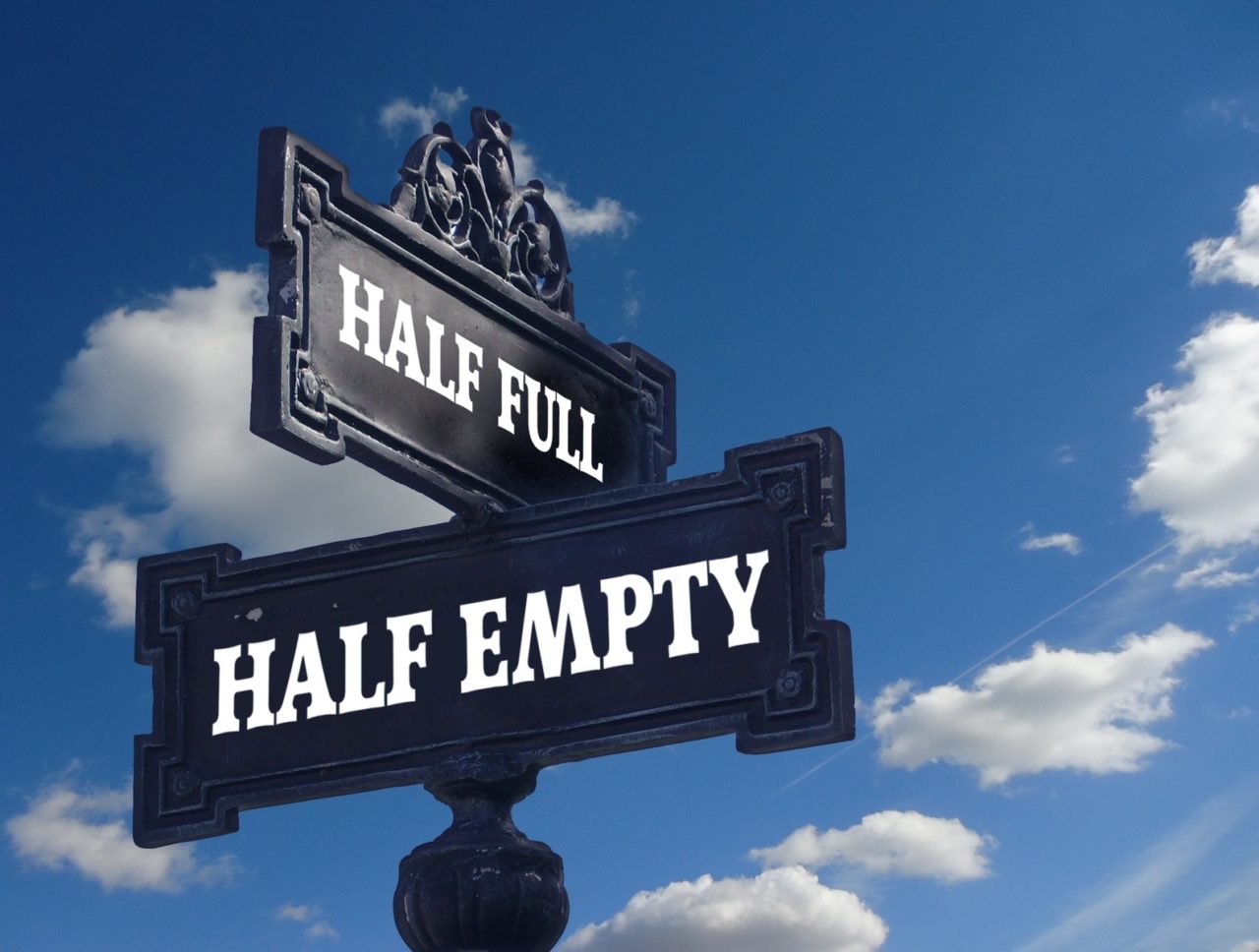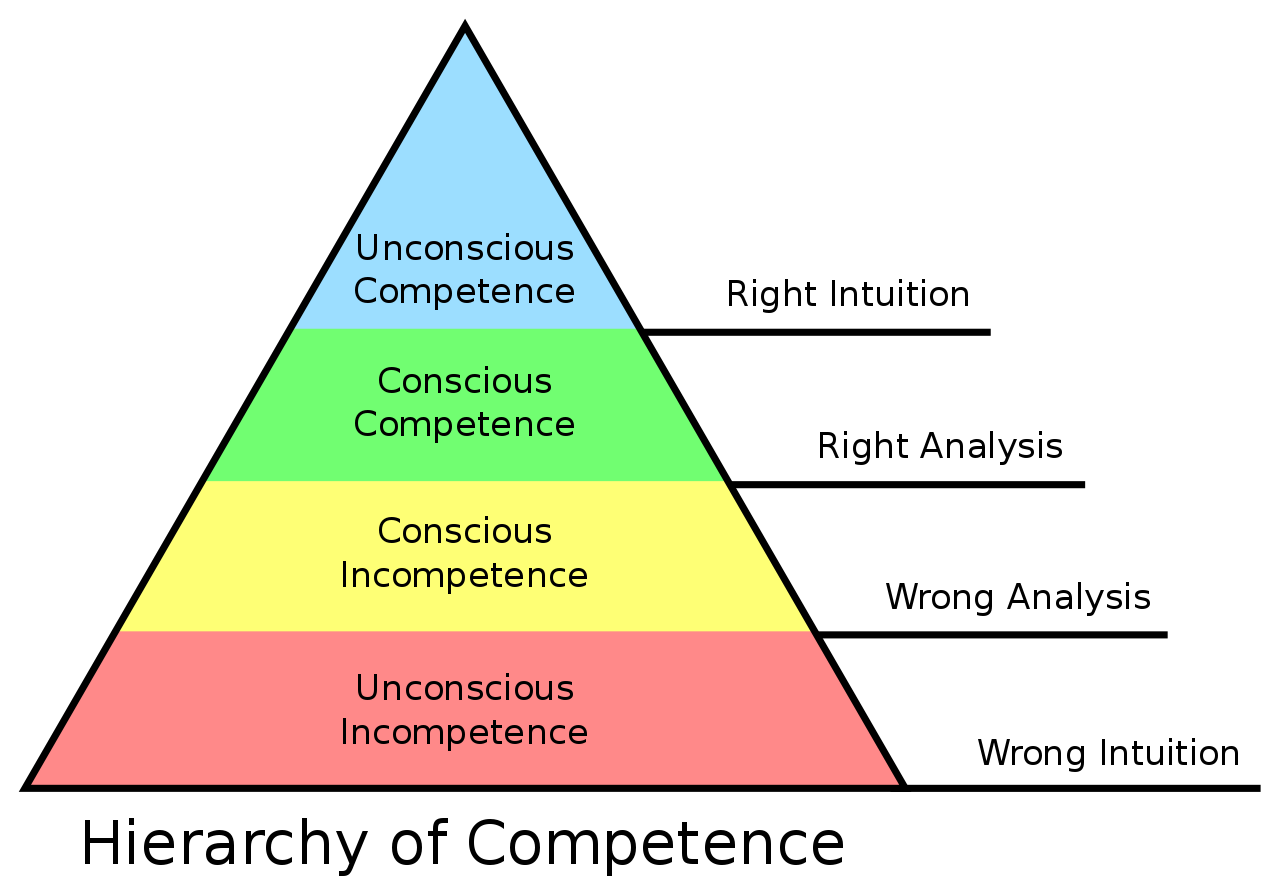16 Personalities

If you're looking for one of the classic personality tests then you can't go wrong with Myers-Briggs.
Just a few questions and you'll be identified into one of 16 personality types.
Once you have, you'll get an insight into your strengths and weaknesses, romantic relationships, career path and more.
Join the 100,000's of people that have used this site alone:


